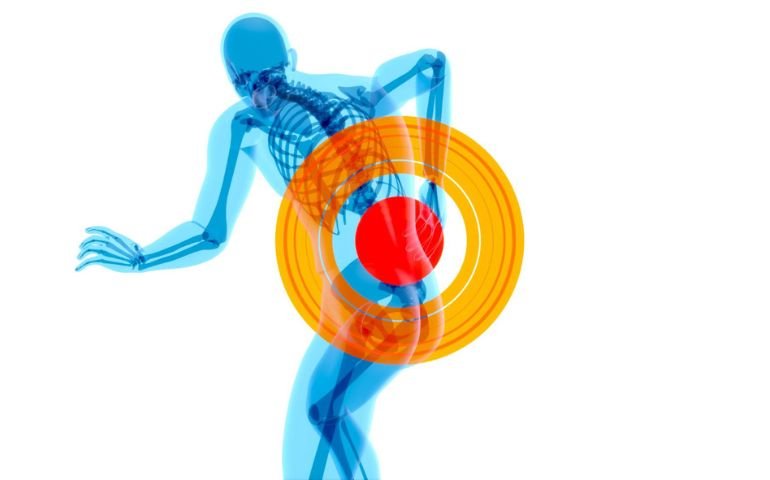The Renal Physiology Level 3 Advanced Diploma is an extensive course designed to provide a deep understanding of kidney function. It covers renal physiology, regulation, tubular transport, electrolyte handling, and pharmacology. The course includes the latest research and practical case studies, ending with a final assessment and certification. It's perfect for healthcare professionals and students in medical fields, with no specific prerequisites required.
What Will You Learn?
- Comprehensive understanding of renal physiology and its regulation.
- Detailed knowledge of tubular transport mechanisms.
- Insights into renal handling of key electrolytes.
- Understanding of renal physiology in health and disease.
- Basics of renal pharmacology and its clinical implications.
- Awareness of current research and emerging trends in renal physiology.
- Application of theoretical knowledge through case studies and clinical scenarios.
Who Should Take The Course?
This course is ideal for medical and healthcare professionals, including doctors, nurses, and pharmacists, who seek advanced knowledge in renal physiology. It's also suitable for students pursuing medical or biomedical sciences, and anyone with a keen interest in understanding kidney function and its clinical significance.Requirements
There are no specific prerequisites for this course. However, a background in basic biology or physiology would be beneficial to fully grasp the advanced concepts discussed.Course Curriculum
-
- Filtration, reabsorption, and secretion 00:10:00
- Overview of the renal system 00:10:00
- Renal anatomy and histology 00:10:00
- Renal blood flow and glomerular filtration rate (GFR 00:10:00
-
- Hormonal regulation of renal function (RAAS, ADH, ANP) 00:10:00
- Renal autoregulation and extrinsic control mechanisms 00:10:00
- Renal clearance and its clinical significance 00:10:00
- Renal response to acid-base balance disturbances 00:10:00
- Countercurrent mechanisms in the kidney 00:10:00
- Distal convoluted tubule and collecting duct transport 00:10:00
- Transport in the loop of Henle 00:10:00
- Transport processes in the proximal tubule 00:10:00
- Acute kidney injury (AKI) and chronic kidney disease (CKD) 00:10:00
- Kidney function assessment and clinical tests 00:10:00
- Nephrotic and nephritic syndromes 00:10:00
- Renal complications in diabetes and hypertension 00:10:00
- Current research in renal physiology 00:10:00
- Emerging technologies and therapies in nephrology 00:10:00
- Ethical considerations in renal research 00:10:00
- Comprehensive final examination 00:10:00
- Course completion and certification 00:10:00
- Evaluation of case study assignments 00:10:00
- Order Certificate 00:05:00
New Courses
Blogs
Jul'23
ADHD Training for Teachers: Empowering Educators to Support Students with Attention Challenges
Relationships may be severely harmed by narcissistic behaviours, leaving emotional scars and...
Jul'23
Narcissistic Behaviour and Relationships: Understanding the Impact and Finding Healing
Relationships may be severely harmed by narcissistic behaviours, leaving emotional...
Jul'23
Childhood Trauma in Adults
What Is Childhood Trauma? Childhood trauma refers to distressing or...
Jul'23
Creating A Social Media Strategy
Set Clear Objectives:The first step in developing a successful social media...
Jul'23
Neuro-Linguistic Programming Techniques
Neuro-Linguistic Programming (NLP) is a fascinating and widely acclaimed approach...
Jul'23
Acceptance and Commitment Therapy in the UK
What is acceptance and commitment therapy? Acceptance and Commitment Therapy...





